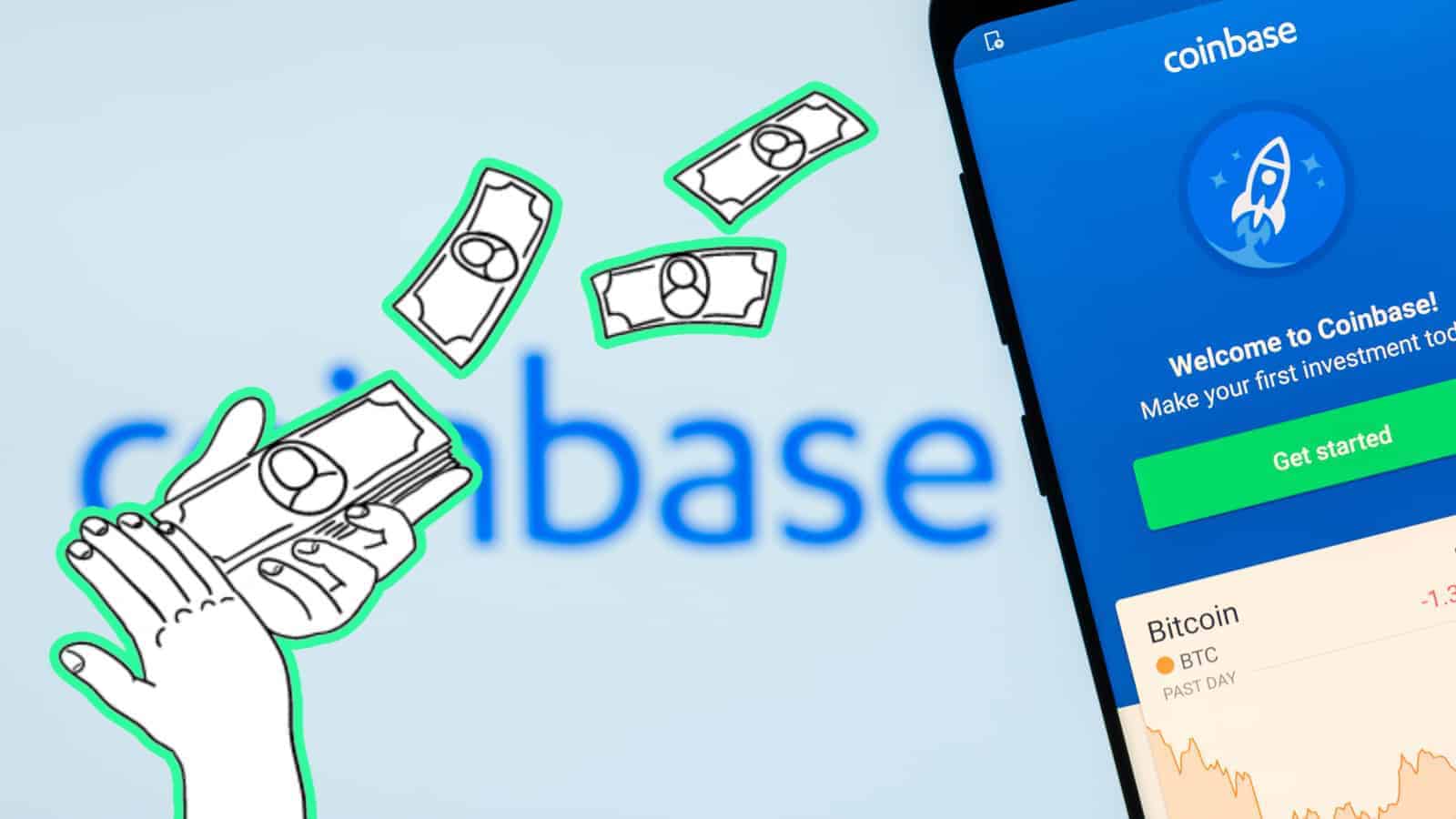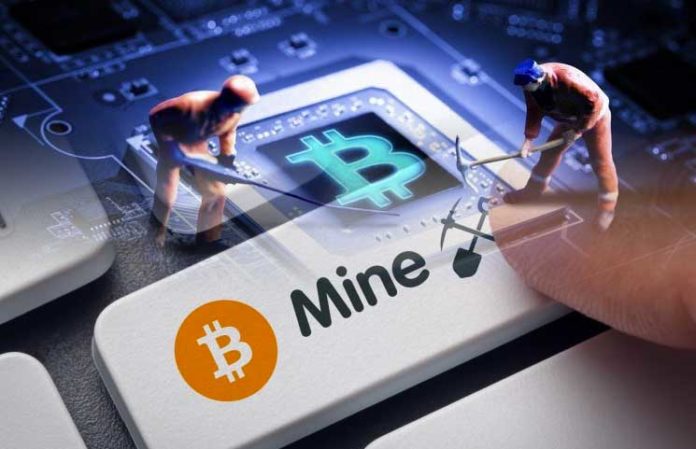
According to data from blockchain. Miners are basically the hamsters in the wheel that keep bitcoin’s network going. They use rigs of computers to unlock the blocks underpinning bitcoin’s network on which transactions are. Every time a miner unlocks a bitcoin block, vis-a-vis mining, all the transactions on that block are processed. The miner, in return for his mney work, is rewarded with In the early mijers, miners would only get a couple bucks in transaction fees.
Bloc mining network
Your computer—in collaboration with those of everyone else reading this post who clicked the button above—is racing thousands of others to unlock and claim the next batch. For as long as that counter above keeps climbing, your computer will keep running a bitcoin mining script and trying to get a piece of the action. Your computer is not blasting through the cavernous depths of the internet in search of digital ore that can be fashioned into bitcoin bullion. The size of each batch of coins drops by half roughly every four years, and around , it will be cut to zero, capping the total number of bitcoins in circulation at 21 million. But the analogy ends there. What bitcoin miners actually do could be better described as competitive bookkeeping. Miners build and maintain a gigantic public ledger containing a record of every bitcoin transaction in history. If the transfer checks out, miners add it to the ledger. Finally, to protect that ledger from getting hacked, miners seal it behind layers and layers of computational work—too much for a would-be fraudster to possibly complete.
Official mining pools
Or rather, some miners are rewarded. Miners are all competing with each other to be first to approve a new batch of transactions and finish the computational work required to seal those transactions in the ledger. With each fresh batch, winner takes all. As the name implies, double spending is when somebody spends money more than once. Traditional currencies avoid it through a combination of hard-to-mimic physical cash and trusted third parties—banks, credit-card providers, and services like PayPal—that process transactions and update account balances accordingly. But bitcoin is completely digital, and it has no third parties. The idea of an overseeing body runs completely counter to its ethos. The solution is that public ledger with records of all transactions, known as the block chain. If she indeed has the right to send that money, the transfer gets approved and entered into the ledger. Simple, right? Well, not really. Using a public ledger comes with some problems. The first is privacy.

There is no such thing as a bitcoin account
Google, by comparison, used 5. Why does bitcoin require so much energy to make something that exists only electronically? Bitcoin and most other cryptocurrencies are founded on the notion of an immutable ledger, called the blockchain, which comprises transfers of value from one party to another. Every ten minutes on average, a server finds an acceptable solution, and the miner gets a reward from the bitcoin system. Currently they get The new block does not become a de facto part of the ledger until a few more blocks are added, because valid solutions are sometimes found simultaneously, and it is not always clear straightaway which will become the longest, winning fork in the chain. Every blocks roughly every two weeks , the system is recalibrated. Miners are obliged therefore to keep upgrading in order to earn rewards as fast as competitors. And more computing power requires more electricity. Mr de Vries believes he has a good picture of the point at which bitcoin mining stops being profitable for those involved, by factoring in the cost of data centres, electricity and servers that need constant upgrading.
Circle CEO draws YouTube-associated analogy to tackle cryptocurrency issues The World Economic Forum in Davos, Switzerland is underway right now and some of the most prominent personalities in the world would be gathering at the event over the next three days, including many The post Circle CEO draws YouTube-associated analogy to tackle cryptocurrency issues appeared first on AMBCrypto. Blockchain technology has grabbed the interest of investors globally as it has quickly grown into one of the most exciting areas due to its wide variety of application across industries. Login Subscribe. It often indicates a user profile. Cryptocurrency ETF may arrive in , ‘if there is a change’ Compliance with regulations has always been an important part of triggering the adoption of any instrument or platform. Transaction fees have been on a tear since August 5, a few days after Bitcoin split in two.

Traditional currencies—like the dollar or amking issued by central banks. The central bank can issue hitcoin units of money ay anytime based on what they think will improve the economy. The issuance rate is set in the code, so miners cannot cheat the system or create bitcoins out bllock thin air. They have to use their computing power to generate the new bitcoins. Because only a when a transaction has been included in a block is it officially embedded into Bitcoin’s blockchain.
Let’s compare Bitcoin with a million dollars via TransferWise
Distributed hash power spread among many different miners keeps Bitcoin secure and safe. Well, you can do it. However, it’s not profitable for most people as mining is a highly specialized industry. Most people should NOT mine bitcoins today. You will earn less than one penny per year and will waste money on electricity. Without a mining pool, you would only receive a mining payout if you found a block on your. This transferz called solo mining. By joining a mining pool you share your hash rate with the pool. Once the pool finds a block you get a payout based on the percent of hash rate contributed to the pool.

Comments
Post a Comment